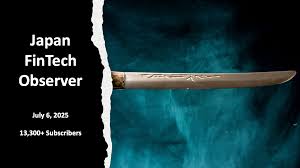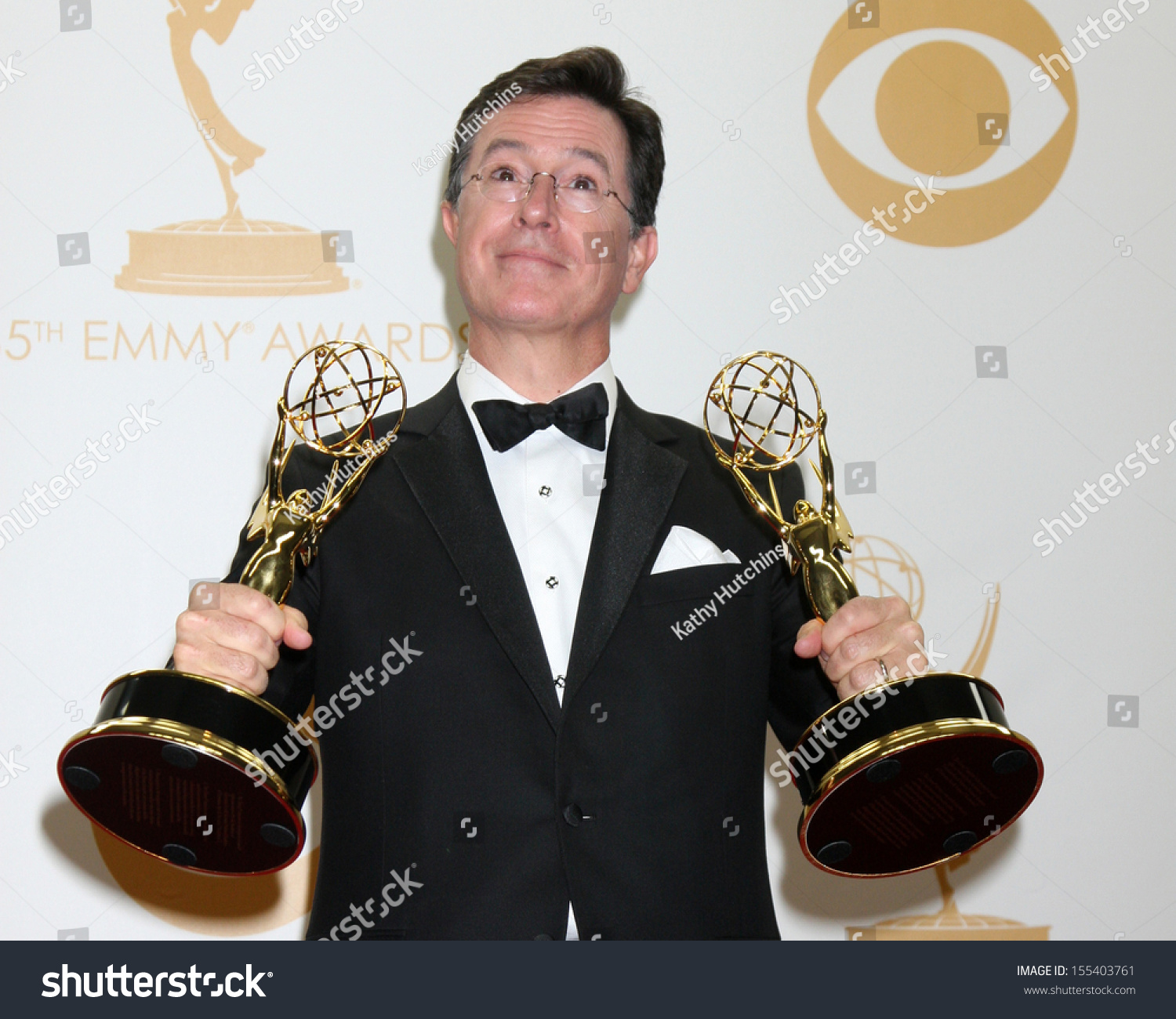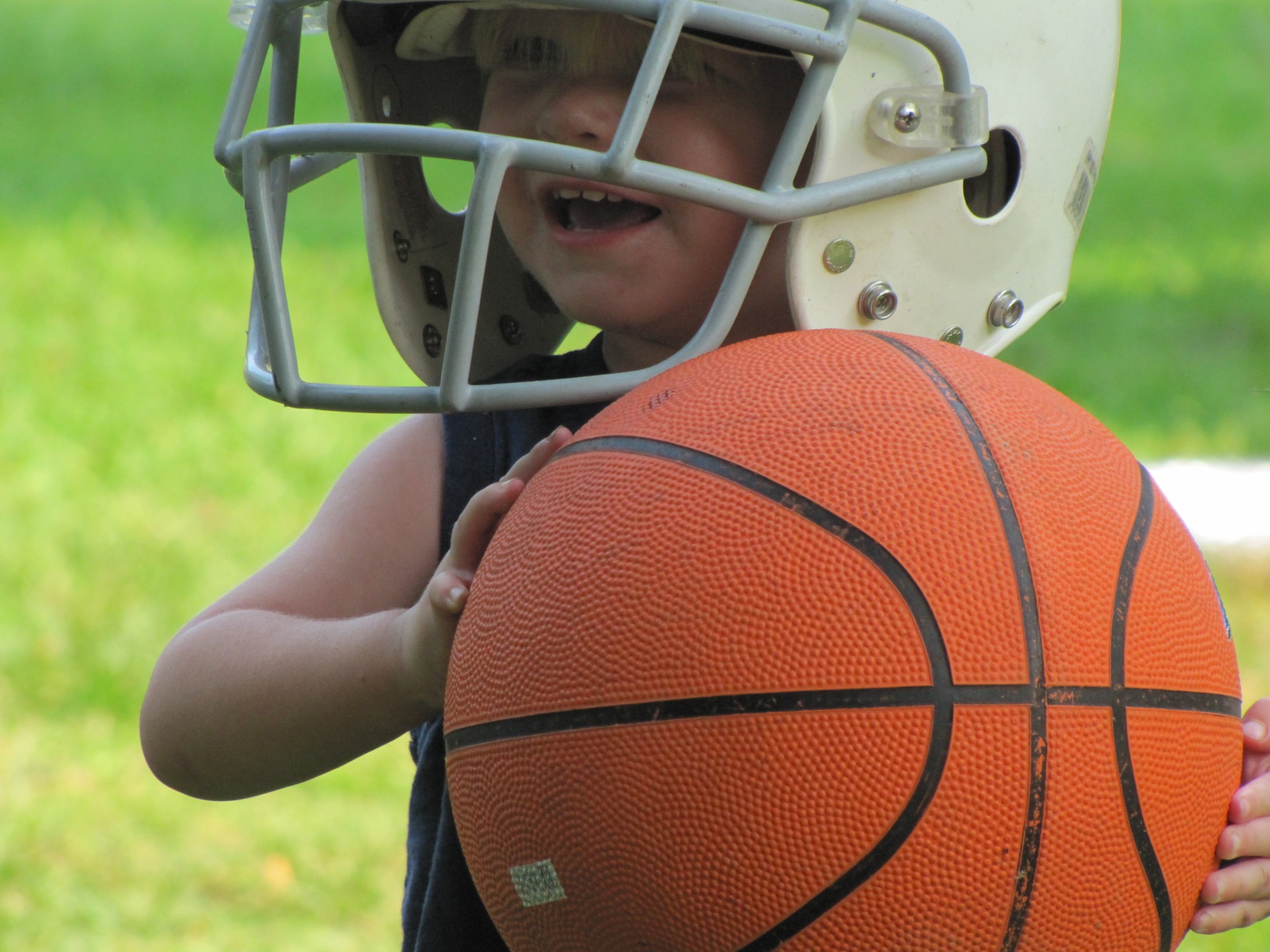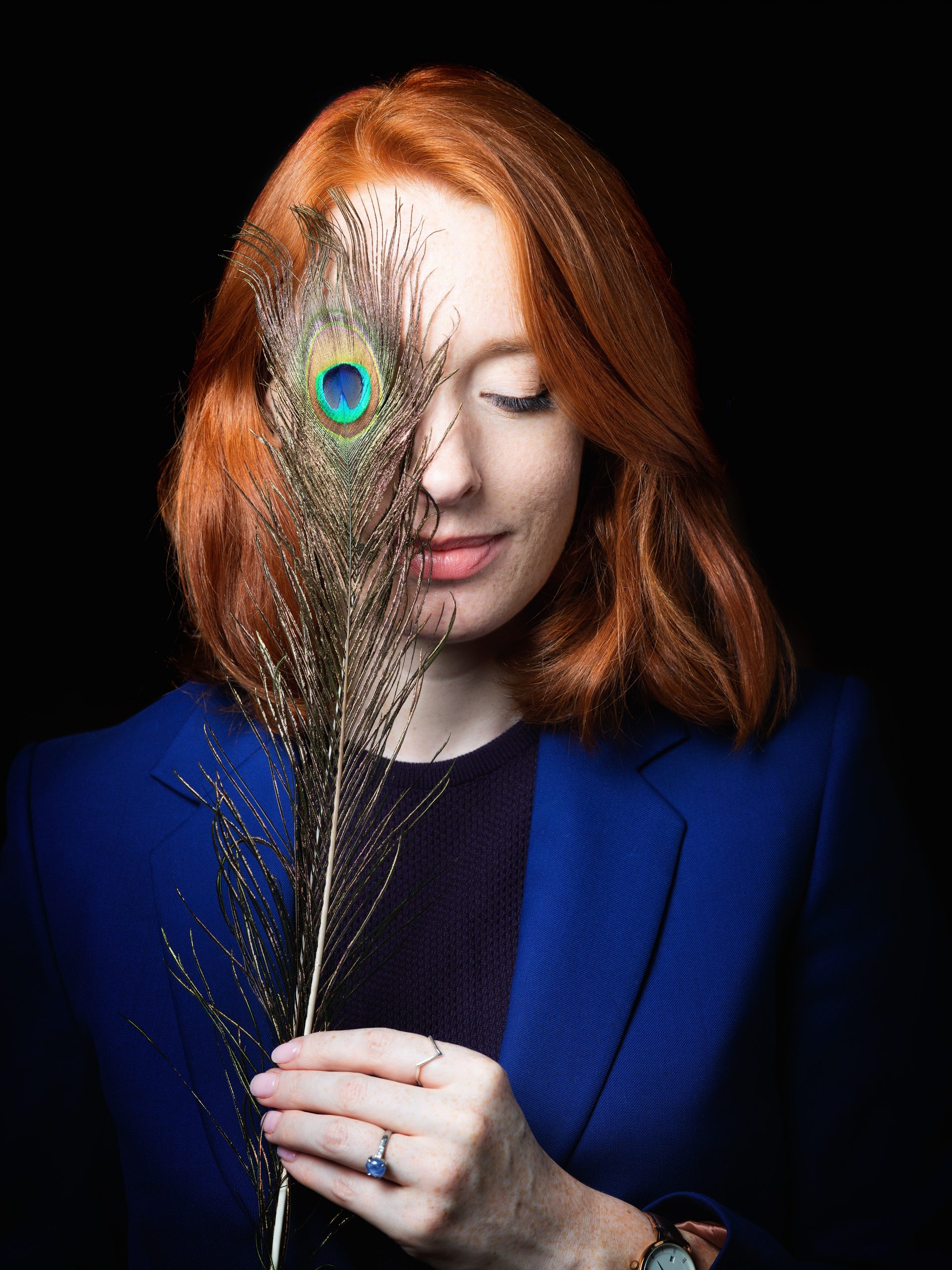
Introduction
The concept of the ‘observer’ is increasingly significant in today’s fast-paced society, influencing various domains from science to journalism, and even in daily social interactions. The observer’s role transcends mere observation; it encompasses interpretation, analysis, and the dissemination of information. As technology evolves and media proliferates, understanding the observer’s influence becomes essential for discerning fact from opinion.
Observational Roles Across Fields
In the realm of science, the observer effect highlights how the act of observation can impact the subject being observed, particularly in quantum physics. This principle underscores the complexity of scientific inquiry, emphasizing that the observer is not a passive participant but an active influencer of outcomes. Notably, in psychology and social sciences, researchers have debated the implications of the observer’s subjectivity. A participant observer, for instance, must navigate their biases while collecting data and drawing conclusions.
In journalism, the role of the observer is equally critical. Journalists operate as observers recording and interpreting events, yet they must maintain ethical standards to avoid misinformation. The rise of fact-checking initiatives and media literacy programs in the wake of fake news signifies the importance of responsible observation. In this context, the observer not only relays information but also plays a role in shaping public perception and understanding of events.
Societal Impact of the Observer
The observer’s function is mirrored in daily life — as social media proliferates, every individual can now be an ‘observer’ with the potential to share opinions and perspectives on global issues. This democratization of observation comes with both benefits and challenges: while it fosters discourse, it also raises concerns regarding the spread of unverified information and the erosion of trust in credible sources.
Conclusion
As we navigate a world saturated with information, the role of the observer becomes ever more pivotal. Whether in scientific research, media reporting, or personal interactions, the observer must engage critically and ethically, aware of their impact on the narratives that shape society. Moving forward, fostering a culture of responsible observation will be essential in promoting informed dialogue and cultivating a well-informed public. Therefore, it is crucial for individuals to enhance their skills in critical thinking and media literacy to become more discerning observers in an age of overwhelming information.
You may also like

Stephen Colbert: Revolutionising Late Night Television

The Role of Sports in Shaping Our Society

Exploring the Impact of Hannah Fry in Mathematics and Media
SEARCH
LAST NEWS
- Remembering Wendy Richard: The Promise to Co-Star Natalie Cassidy
- How Did Anglian Water Achieve an ‘Essentials’ Rating for Mental Health Accessibility?
- Shai Hope Leads West Indies in T20 World Cup Clash Against South Africa
- What We Know About Weston McKennie: Future at Juventus and Past at Leeds
- What We Know About the Upcoming Live Nation Antitrust Trial